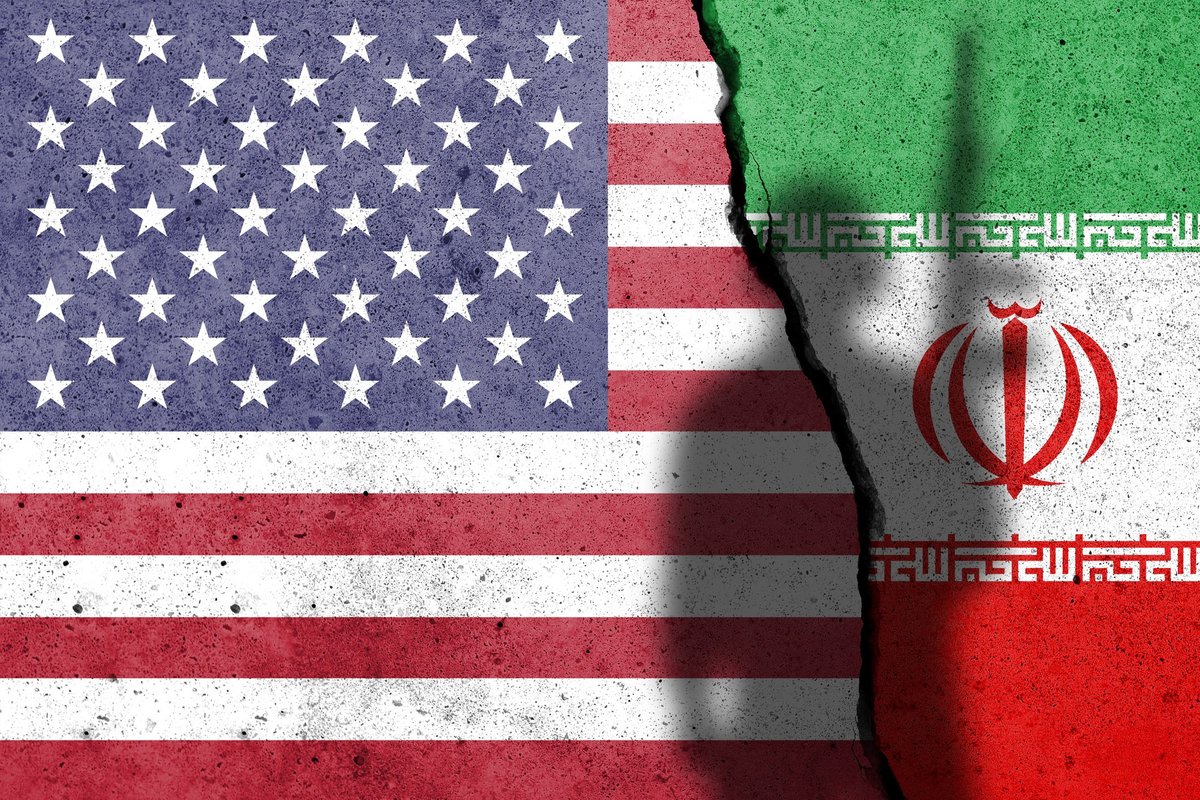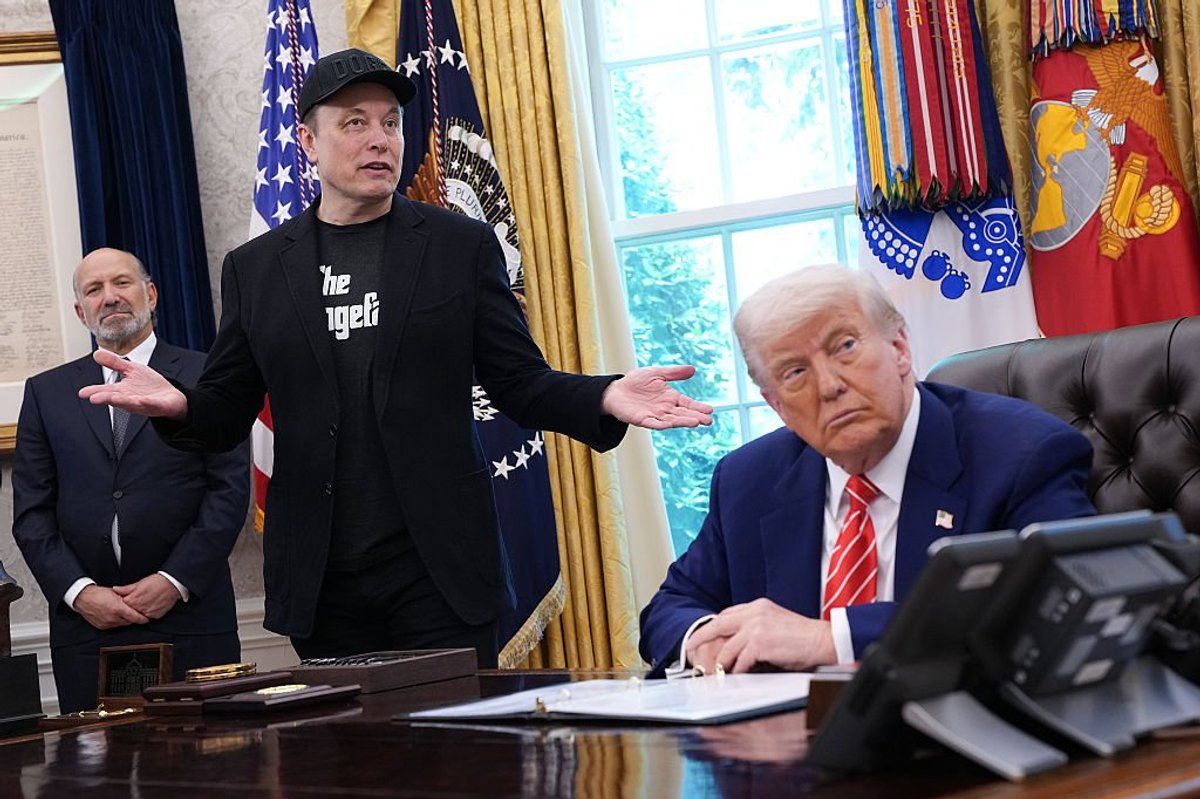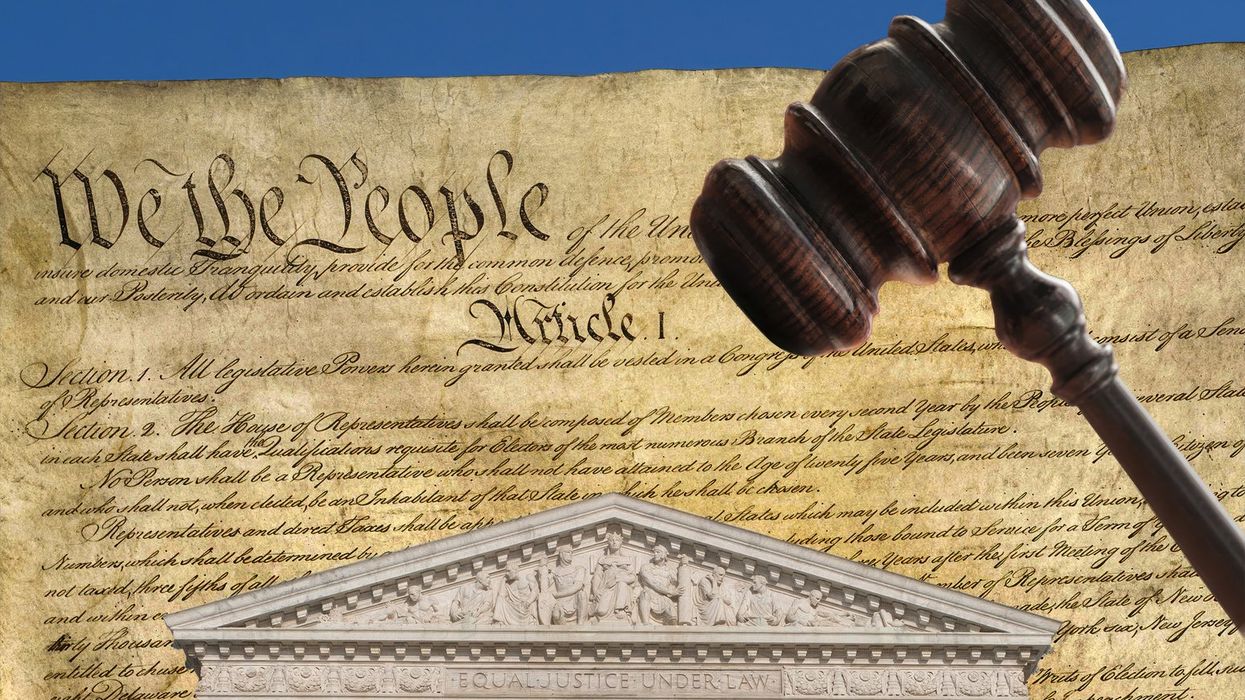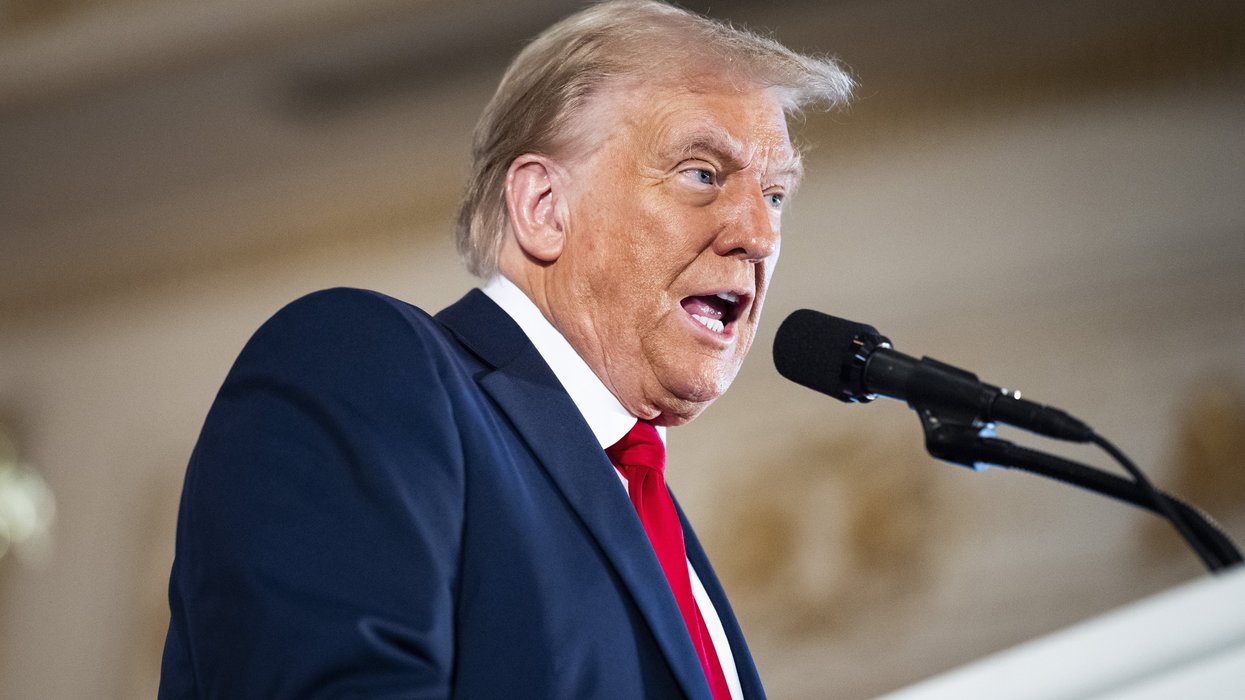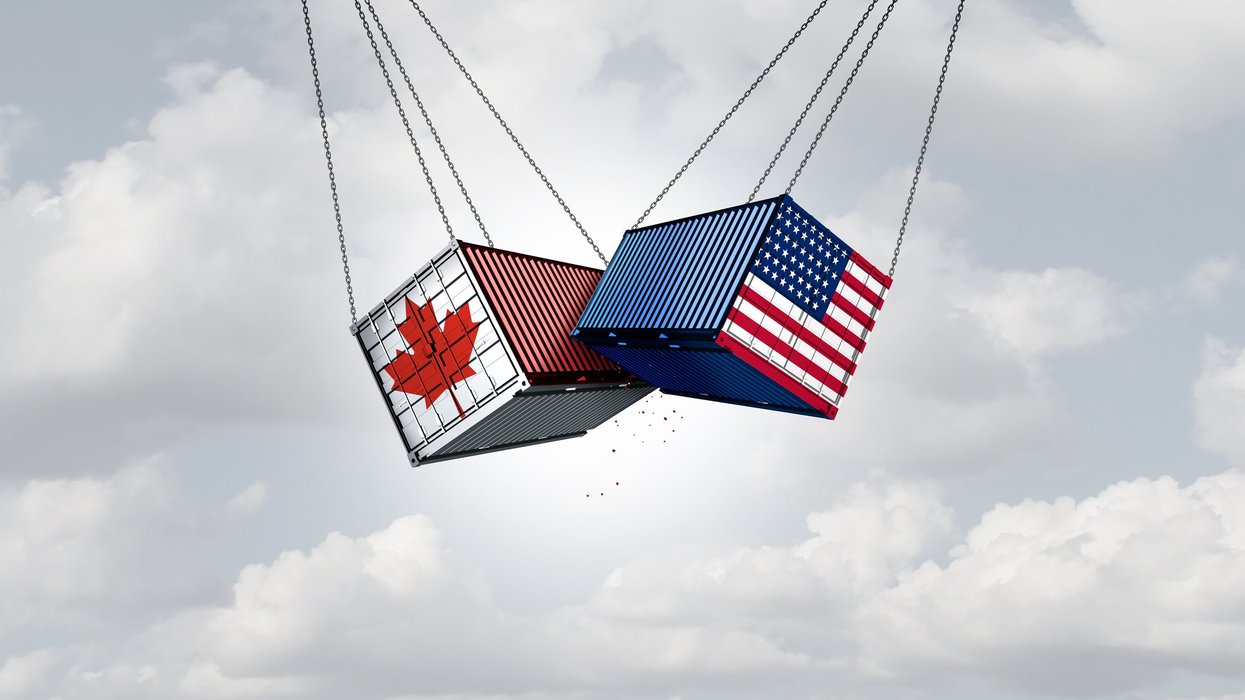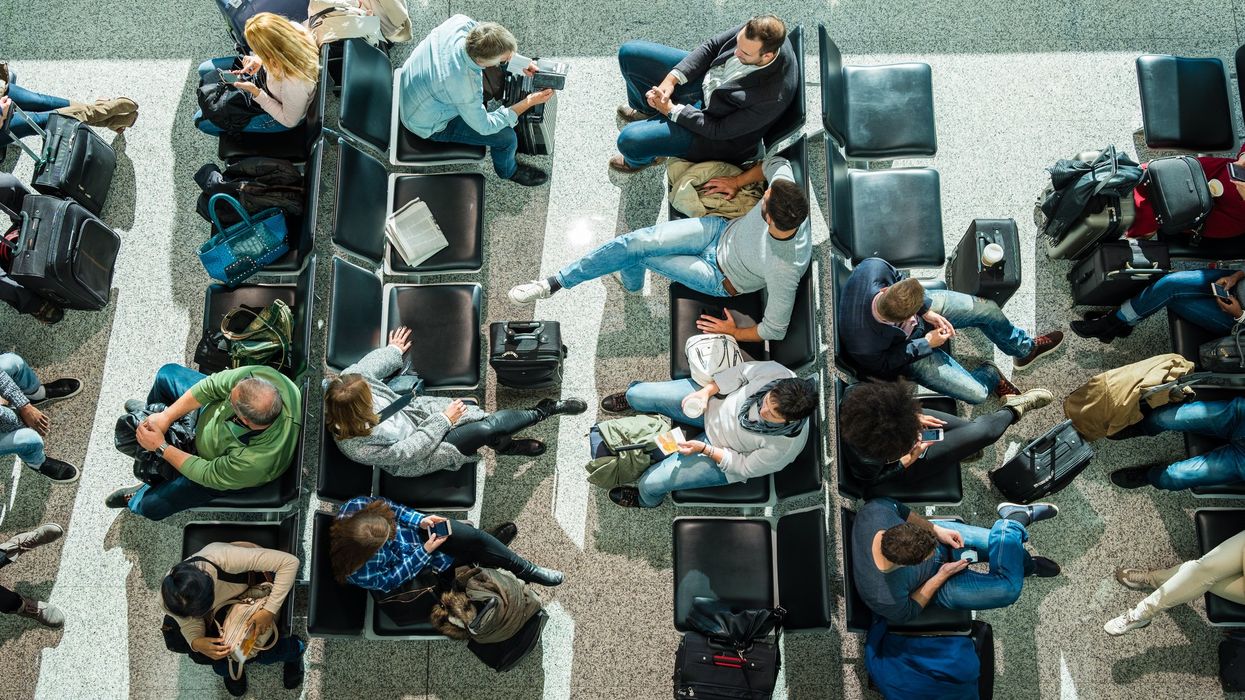Goldstone’s most recent book is "On Account of Race: The Supreme Court, White Supremacy, and the Ravaging of African American Voting Rights.
On Sept. 5, U.S. District Judge Aileen Cannon, a Donald Trump appointee on the bench less than two years, issued a historic and precedent-busting ruling. Ignoring accepted jurisprudence, she granted Trump’s request for a special master to review the material taken from Mar- a-Lago by the FBI pursuant to a search warrant issued after Trump had effectively thumbed his nose at government authorities who had requested the return of highly sensitive documents.
Not satisfied to take a stance that even former Trump lackey Bill Barr considered ludicrous, Cannon further showed her gratitude by ordering a freeze on the criminal investigation being conducted by the Justice Department.
Barr was not the only Republican who thought Cannon’s ruling was “ preposterous.” Paul Rosenzweig, who helped prosecute Bill Clinton and later worked in the Department of Homeland Security under President George W. Bush, said, “This would seem to me to be a genuinely unprecedented decision by a judge. Enjoining the ongoing criminal investigation is simply untenable. ”
Cannon ignored both the facts and the law. Legal scholar Peter Shane noted that she “seems oblivious to the nature of executive privilege,” which allows members of the executive branch to protect internal communication from Congress, the courts and the public. No court had previously allowed a former president to shield official records from the executive branch itself.
Impervious to the criticism, Cannon affirmed her decision 10 days later in an opinion that left most legal scholars even more stunned than they had been originally. More than one wondered if her loyalty to Trump had outweighed her oath of office.
Despite the shoddy reasoning and seeming unawareness of the responsibility of position, Aileen Cannon was hardly unqualified for appointment. Born in Colombia to a mother who fled Castro’s Cuba, Cannon did her undergraduate work at Duke, then attended law school at the University of Michigan, from which she graduated magna cum laude with a juris doctor. She clerked for a circuit court judge, worked at a major law firm and was also an assistant U.S. attorney in the major crimes division. But the affiliation that made her most appealing to the Trump administration was her membership since age 24 in the Federalist Society.
That the Federalist Society has wielded outsized influence in the choice of judicial nominees in the Trump and Bush administrations is well known. Executive Vice President Leonard Leo, who also helped Supreme Court Justice Clarence Thomas in his confirmation hearings, has been said to have “personally curated” the list of conservative appointments, including those of Neil Gorsuch, Brett Kavanaugh and Amy Coney Barrett.
The Federalist Society itself was founded in 1982 by conservative and libertarian law students at Yale, Harvard and the University of Chicago who believed “Law schools and the legal profession are currently strongly dominated by a form of orthodox liberal ideology which advocates a centralized and uniform society.” According to its website, the society “is founded on the principles that the state exists to preserve freedom, that the separation of governmental powers is central to our Constitution, and that it is emphatically the province and duty of the judiciary to say what the law is, not what it should be.” And so, Federalists are committed to “reordering priorities within the legal system to place a premium on individual liberty, traditional values, and the rule of law.”
This last statement bears examination. Setting aside “traditional values,” fraught with subtext as it may be, a “premium on individual liberty” would seem to indicate that unless someone is threatening or otherwise infringing on the protected rights of others, Americans should be free to do pretty much as they please. If some choose to go to the supermarket with Glocks strapped openly to their waists, or even perhaps AK-47s slung over their shoulders, they should be free to do so. If on religious grounds, a baker refuses to make a wedding cake for a gay couple, no civil rights law should compel him to apply the icing.
Members of the Federalist Society are free to hold these opinions, of course, regardless of how outrageous they are deemed by others. To that end, the group presents itself as an organization that is both politically and philosophically consistent, holding deep and abiding beliefs, free of duplicity.
In that case, what about abortion?
What could more epitomize “individual freedom” than the right of a woman to decide if she wants to bear a child? No one else, except perhaps the father, is involved, and even then, not always. It would seem the essence of individual freedom that anyone who does not have to carry the child cannot mandate what should be done about it, no more than a fellow shopper in a supermarket has the right to tell the Glock-toter to consider the rights of people who would prefer not to grab their Spaghetti O’s with an armed man or woman lurking nearby.
As such, members of the Federalist Society should be in the forefront of the abortion rights struggle, urging presidents to nominate and the Senate to confirm judges who are on record as defenders of such an obvious exercise of “individual freedom.”
They are not, of course. Quite the reverse. Why, then, would an organization that trumpets its libertarian beliefs, that “takes no public policy positions and does not participate in activism of any kind,” but “focuses on fostering debate and discussion of important legal topics,” be so committed to overturning a right that would seem the quintessence of what they are fighting for?
It is because the Federalist Society is not a political organization as much as it is a religious one, an extension of the most conservative form of Catholicism. Leo, as well as Barr, and former White House counsel Pat Cipollone, have all served on the board of the Catholic Information Center run by Opus Dei, a secret, extremely conservative organization that is an arm of the Catholic Church. The Catholic lay group has been described as one of the world’s “ most powerful and politically committed ” secret societies, with direct ties to the Vatican as a 'personal prelature,' an official status awarded by John Paul II that made sure the group only answers to the Pope himself.
Whether the Federalist Society is as committed to its secular principles as it purports to be, as its abortion stance would indicate, it is more committed to its theological base.
So in the end, Judge Cannon’s decision trampling on two of those secular principles – separation of powers and the rule of law – should not be at all surprising. She, like the organization of which she is a proud member, has far less interest in the values they claim to espouse than the ones they try to keep hidden.
